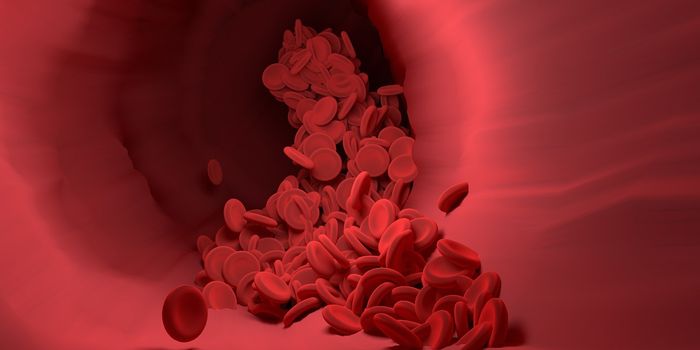Inflammation Caused by Standard American Diet
New research published in the journal Public Health Nutrition has shown that about 6 out of 10 Americans have diets that promote inflammation. Certain populations, such as Black Americans and those with low incomes, were shown to be more likely to eat pro-inflammatory foods.
The cross-sectional analysis used dietary data from the National Health and Nutrition Examination Survey 2005–2018. Overall, the study included over 34,500 participants. The inflammatory index of the foods in participants’ diets was calculated based on a 24-hour dietary recall, and their diets were categorized as pro-inflammatory, anti-inflammatory, or neutral. Using a computational model, the inflammatory levels of the diets were compared based on age, sex, race/ethnicity, education level, and income.
The results showed that 57% of the participants in the study were eating a pro-inflammatory diet. About 34% of participants were eating an anti-inflammatory diet, and 9% had neutral diets. Pro-inflammatory diets were more common among Black Americans, men, younger people, and those with loser levels of education or income.
The authors of the study noted that inflammation is an important element to consider when evaluating your diet. Many measures of dietary quality focus on either macronutrients (protein, carbohydrates, and fats) or on certain food groups, such as vegetables, fruits, dairy, or meat. However, a diet that appears healthy by other measures could still lead to inflammation. For example, a diet with high intake of alcohol and red meat may lead to inflammation, even if it also includes lots of fruits and vegetables. Examples of anti-inflammatory foods include whole grains, leafy greens, berries, legumes, and fatty fish. Levels of inflammation in one’s diet can influence many chronic diseases, and changing your diet to become more anti-inflammatory is likely to have a positive impact on your cardiovascular health, metabolism, and potentially your mental health.
Sources: Public Health Nutrition, Science Daily








